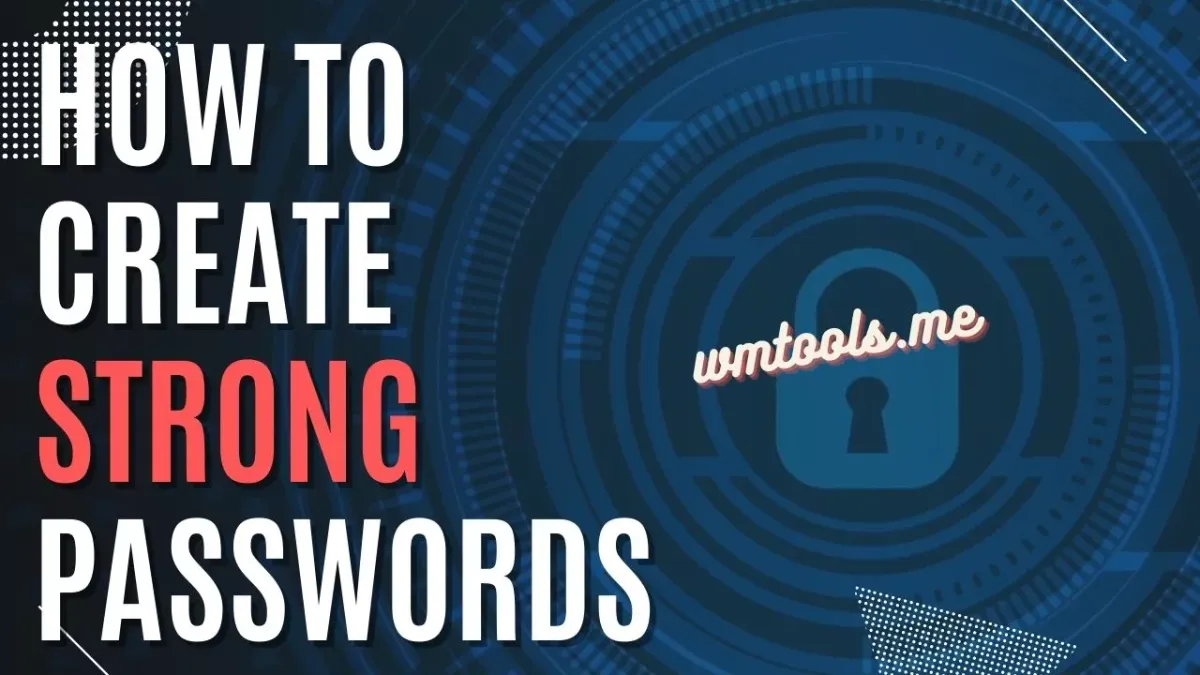How to Create Strong Passwords
Protect your accounts from hackers by following these expert tips on how to create strong passwords.

Passwords are increasingly important as fraudsters continue to devise new and ingenious ways to access accounts and steal your personal information.
Passwords are increasingly important as fraudsters continue to devise new and ingenious ways to access accounts and steal your personal information. There are a number of popular tactics used to break passwords, as well as several more ways we expose our accounts owing to easy and regularly used passwords.
When you initially established a password, whether for an email account or a social networking site, you were undoubtedly urged to pick a unique and complicated password to help safeguard your information. Password security has always been important, but it has become much more essential in recent years as fraudsters continue to devise new and ingenious ways to access accounts and steal your personal information.
Most individuals are unaware that there are a number of popular tactics used to break passwords, as well as several more ways we expose our accounts owing to easy and regularly used passwords.
Here are steps for creating a secure password on which you may rely:
- Never use personal information: Personal information such as names, birthdays, addresses, or phone numbers should never be used in strong passwords.
- Include the following letters, numbers, and symbols: To make the password more complicated, secure passwords include a range of random characters, digits, and letters.
- Prioritize password length: To reduce the odds of being a victim of a data breach or cyberattack, safe passwords should be at least 16 characters long.
- Passwords should never be repeated: Using the same password for many accounts puts you at risk of credential stuffing attacks, which are common among hackers.
- Keep genuine language to a minimum: To crack passwords, hackers utilize malicious algorithms that can process any word in a dictionary. Avoid using proper nouns and other isolated dictionary terms, which might result in an insecure password.
The most frequent password in 2019 (which remained the same as in 2018) was 123456. Other popular passwords were 123456789 and qwerty. Anyone who uses any of these passwords is asking to get hacked. Hackers are omnipresent, and they are continuously seeking for weaknesses in your passwords to exploit.
Attacks using brute force
Brute force attacks occur when hackers attempt to overwhelm your defenses by attempting combinations of usernames and passwords with software that recombines English dictionary terms with thousands of permutations in order to get access to your website.
While WordPress is the most popular CMS and hence the most frequently targeted for brute force attacks, other CMS platforms and login systems are equally susceptible.




